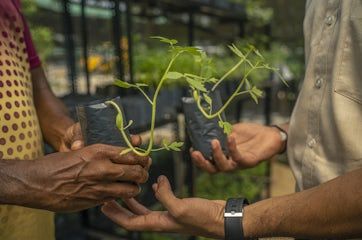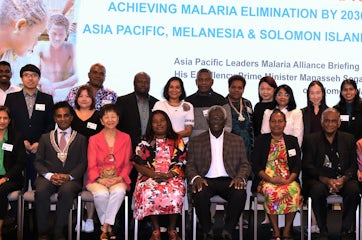Innovating Towards a Malaria Vaccine in Indonesia – Dr Rintis Noviyanti, Malaria Champion
by APLMA •
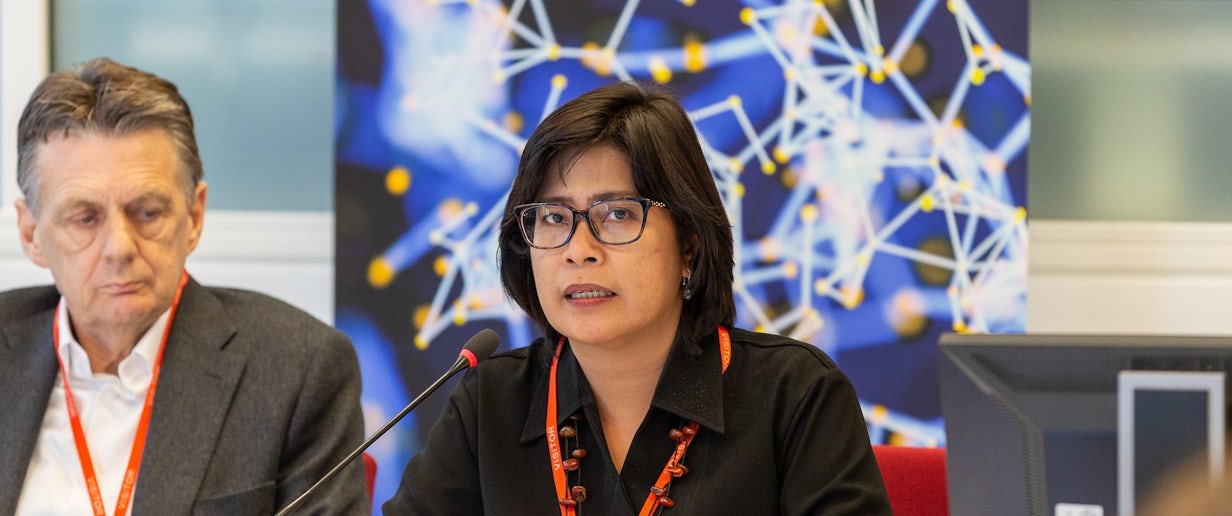
Dr Noviyanti speaking at the WIPO Re:Search – Collaborative Innovation for Health. Credit: WIPO, Emmanuel Berrod 2018
In Jakarta, Dr Rintis Noviyanti is part of a team working to tackle what the Indonesian Government has deemed a ‘national enemy’: malaria. As a leader in malaria genomic and immunology research in Indonesia, Dr Noviyanti has spent the past 30 years studying how to treat and prevent malaria in the most remote regions of the country.
"Innovation is fundamental to reach the last mile of malaria elimination and protect vulnerable communities."
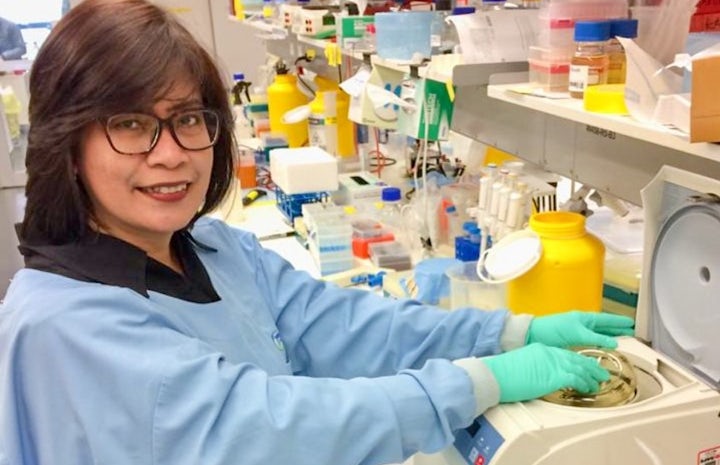
Indonesia has significantly reduced the spread of malaria in the country’s 17,000 islands. However, malaria is still endemic to Papua Province. Over the past decade, more than 2 million malaria cases were reported in Papua. Approximately 90% of these cases were caused by either P. falciparum and P. vivax, two of the deadliest strains of malaria parasites. Papua continues to be a real concern as cases are still on the rise, with a 23% increase in burden from 2018 to 2020.
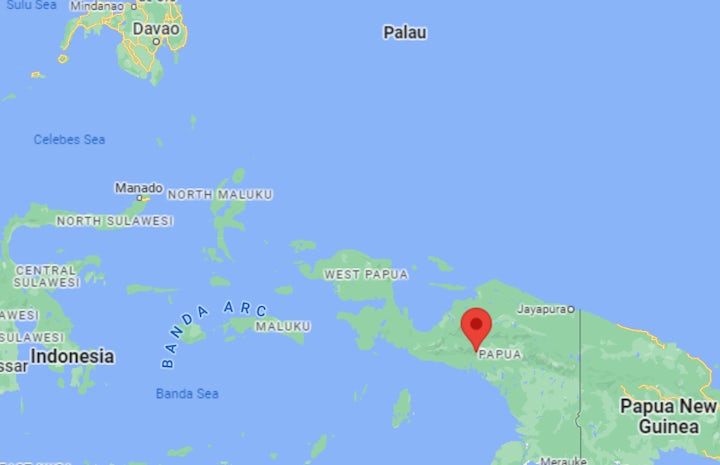
Towards an Innovative Malaria Vaccine in Indonesia
Dr Noviyanti has advanced malaria vaccine development with her team at the Eijkman Institute under the Ministry of Research and Technology/National Research and Innovation Agency (RISTEK-BRIN). The vaccine aims to block and prevent the malaria parasites from entering the body and liver cells. The collaborative study has engaged many stakeholders including the Indonesian Army, the University of Indonesia, Eijkman-Oxford Clinical Research Unit (EOCRU), and the malaria vaccine producer, Sanaria Inc in the US.
Her new research is adapted specifically to work in Papua, directly combating P. falciparum with likely cross-effectiveness with P. vivax. The most recent malaria vaccine clinical trial is underway among over 350 Indonesian soldiers living and working in the remote forests of Papua, many of whom have been affected by malaria.
“Without the support and collaboration of government and multi-stakeholder partners, our research and trial would not be a reality.”
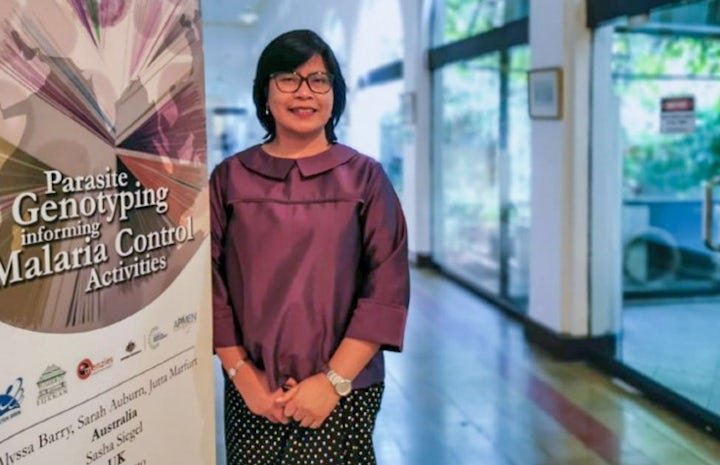
The much-anticipated results of the trial will be published within the next three years. If successful, the army may be able to better protect their forces, and this research may be expanded to the general population as well as to children. While the path ahead is a long one, the vaccine may provide hope for countless vulnerable people in Papua and beyond.
A Race Against Time to Protect Communities
Although much progress has been made in the last decade, malaria continues to devastate communities across the world and remains a huge challenge for Indonesia.
For Dr Noviyanti as well as the Indonesian government, malaria is problem that must be solved. However, there is still so much to understand about the mosquito and malaria, especially as new challenges emerge globally, from zoonotic malaria to climate change and change in mosquito behaviours.
"We’re very much looking forward to seeing the results of our research."
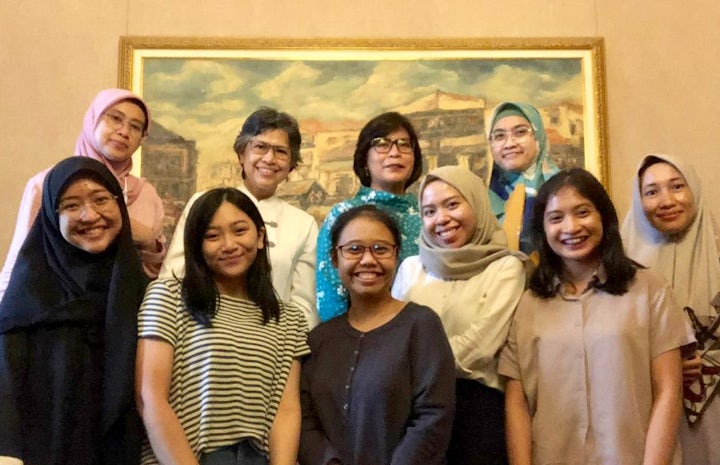
Decades of research and development have resulted in the transformative tools to tackle malaria today, and ongoing investment in research and development must continue into the future. Support for Dr Noviyanti’s work will provide greater insight into the malaria parasite as well as innovative and tailored ways to tackle new challenges and to reach Indonesia’s malaria elimination goal by 2030.
“My hope is this will be the innovation that protects communities in the remotest parts of our country against malaria and adds to the armoury needed for Indonesia to help meet our malaria elimination goal.”
Stay Updated
Sign up to receive updates about Malaria free Asia Pacific
You are now subscribed. Thank you!




